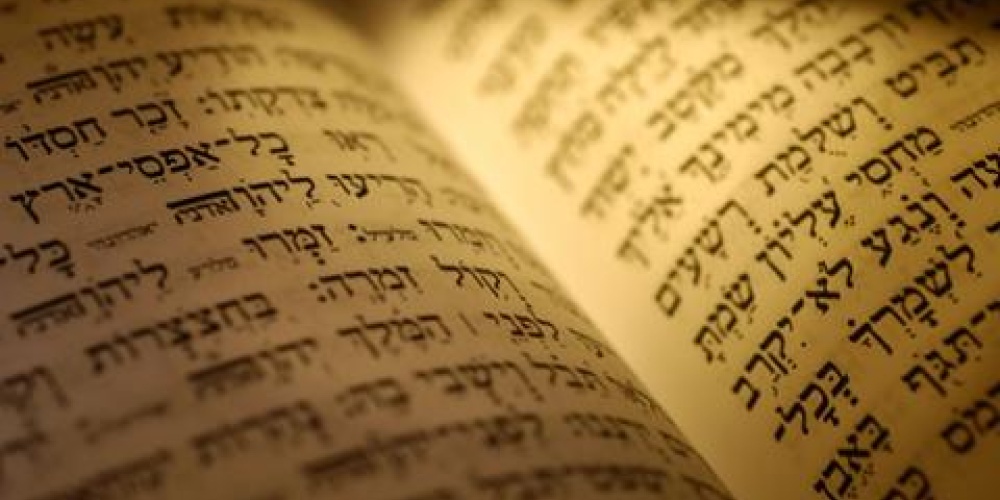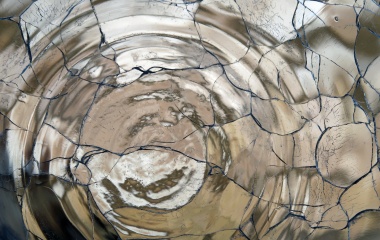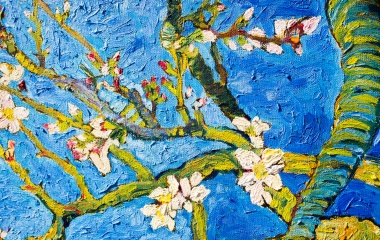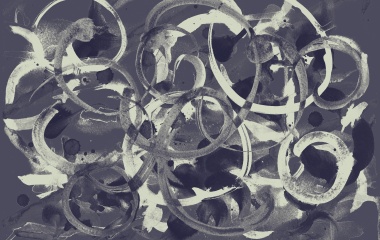
As we noted, it is based on the view of Rav Yitzchak that we still pray for immediate needs after our fate has been sealed on Rosh Hashanah (or Yom Kippur). What we did not note is that the Gemara says that Rav Yitzchak actually reflects the view of the "Rabbis". Even those who agree our fate is sealed on Rosh Hashanah/Yom Kippur--and thus, once Yom Kippur is over, we are only praying for next year--agree with Rav Yitzchak that we can still manage to change G-d's decrees that were "sealed" on Yom Kippur. Not through prayer, but through tzeakah, crying out. As Rav Yitzchak teaches, "It is good for man to cry out, whether before or after the judgment is rendered". While it may be good to cry out, if our fate is sealed, how can crying help undo that fate? How is this different, pardon the image, than crying over spilled milk?
It may be true that after Yom Kippur our prayers can no longer help, but "Rabbi Elazar says... the gates of tears are never sealed" (Bava Metziah 59a). Truth be told, this teaching is both more frightening and more reassuring at the same time. While the Gemara in Rosh Hashanah discusses at which point our prayers stop being effective for this year, Rabbi Elazar introduces his teaching by noting, "from the day the Temple was destroyed, the gates of prayer are sealed." The Beit Hamikdash is "the house of prayer for all the nations" (Yishayahu 56:7). With the house of prayer destroyed, our prayers are much less effective[1]--whether for this year or next. Today, what matters is not so much prayer, but crying out to G-d--and such is effective whether it occurs before or after G-d has sealed His decree.
While the effectiveness of prayer today is limited, we beseech G-d primarily by how we act. Rav Yitzchak continues by teaching that changing our name, actions, and even place of residence can annul the decrees against us. Our name represents our essence, and changing our name is way of saying that we are no longer the same person who sinned. It is, in other words, the precursor to changing our actions. Being social creatures, we are greatly influenced by our surroundings. If we want to change, and have the decree against us torn up, we better surround ourselves with those who can bring out the best in us[2].
There are at least three additional ways we can tear up G-d's decree: "This is for the individual and this is for the congregation [of Israel]" (Rosh Hashanah 17b). When we join together as a community, anything and everything is possible. "Rav Yochanan said: Were it not written in the text, it would be impossible for us to say such a thing; this verse teaches us that the Holy One drew Histalit round Him like a shaliach tzibbur, communal messenger, and showed Moshe the order of prayer. He said to him: Whenever Israel sins, let them carry out this service before Me, and I will forgive them". What one cannot do alone, many can do together.
"How do we know that a final sentence accompanied by an oath is never rescinded? Because it says: Therefore I have sworn unto the house of Eli that the iniquity of Eli's house shall not be expiated with sacrifice nor offering" (Rosh Hashanah 18a). While this seems pretty definitive, it is not the last word. "Raba said: With sacrifice and offering it cannot be expiated, but it can be expiated with Torah. Abaye said: With sacrifice and offering it cannot be expiated, but it can be expiated with Torah and gemilut chasadim, charitable deeds"[3].
[1] It would appear that Rav Elazar did not mean his teaching literally. True, it is much more difficult to pray without a Temple, but not impossible. The same Rav Elazar who claims the gates of prayer are closed teaches that prayer is effective before "the decree of judgment" (Rosh Hashanah 18a).
[2] This does not mean that we should live only with those who share our religious outlook. We can often better grow as people specifically by exposing ourselves to a variety of people. And while our Talmudic Sages generally equated obedience in ritual and religious matters with moral character--something that may have been true in a pre-modern world--such is no longer the case. Often, those who observe little of Jewish law display great moral character; and sadly, sometimes the reverse is also true. of course we must also have a circle of friends of those who do share our religious outlook.
[3] The subject of the power of prayer is a most complex one, with a wide range of views expressed in our tradition. I hope these past three articles have offered some insight--but at best, I have begun to barely scratch the surface. We pray because we must--and we must for personal, communal, halachic, social, and educational reasons, to name just a few.



